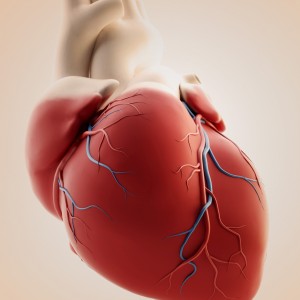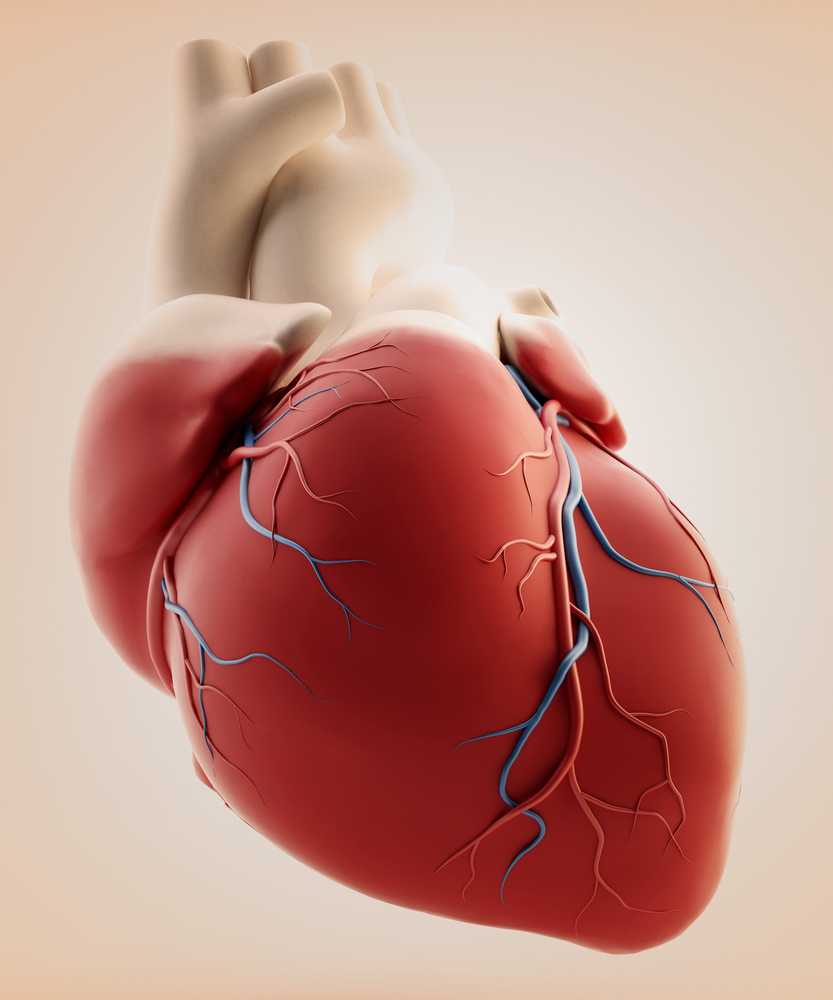 A researcher from the University of Torino, Italy, Dr. Alessandra Ghigo authored a study showing that new solutions to address the problem of cardiotoxicity of cancer drugs are now within reach.
A researcher from the University of Torino, Italy, Dr. Alessandra Ghigo authored a study showing that new solutions to address the problem of cardiotoxicity of cancer drugs are now within reach.
“Cardiotoxicity of cancer drugs has become an increasing problem in the last decade due to the increasing success of anticancer therapy and aggressive use of these drugs. More people are now surviving cancer but it is estimated that 32% of them could die of heart disease caused by their treatment. This has led to a new field of medicine called cardio-oncology,” said Dr. Ghigo in a press release.
The chair of the ESC EACVI/HFA Cardiac Oncology Toxicity Registry, professor Patrizio Lancellotti, explained that patients suffering with some types of breast cancer are more likely to die from heart disease than from cancer itself. A higher number of treatments used to address breast cancer are toxic and damage the heart specially chemotherapy with anthracyclines, such as trastuzumab (Herceptin) or doxorubicin. Further, radiation therapy can emphasize anthracyclines’ cardiotoxicity just like a sequence of anthracylines followed by trastuzumab. “The latter combination for metastatic breast cancer can cause severe heart failure in up to 27% of patients,” Dr. Lancellotti said.
Dr Ghigo’s research is based on the knowledge of how the enzyme phosphoinositide 3-kinase gamma (PI3Kgamma) works and how it regulates heart function. Using mice models she demonstrated that mice with inactive forms of PI3Kgamma treated with anthracycline doxorubicin developed heart failure after 2 months of treatment. Additional experiments with normal mice in the presence of an actual PI3Kgamma inhibitor and in mice with breast cancer were preformed to assure the validity of the team’s preliminary results.
“The PI3Kgamma inhibitor protected the mice from developing heart failure. Importantly, the inhibitor was able to synergise with the doxorubicin and help to delay tumour growth. This means we could use an inhibitor of PI3Kgamma to both protect the heart from doxorubicin and prevent tumour growth. Our research shows that inhibiting PI3Kgamma stops inflammation in the tumour and kills the tumour,” said Dr. Ghigo.
Due to cardiotoxicity issues therapeutic regimens used might need to be adjusted and lower doses might have to be administered. This novel PI3Kgamma inhibitor in combination with chemotherapy could provide a wider and safer use of anticancer therapies.
Dr. Ghigo concluded that, “The mechanisms underlying heart failure induced by anticancer therapies are different to those underlying heart failure from other causes such as hypertension. For this reason there are no effective drugs on the market to prevent this new kind of heart failure. Our study shows that PI3K? could be a novel way to prevent heart failure caused by cancer drugs while also helping to kill the tumour itself.”


